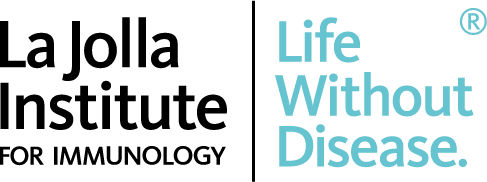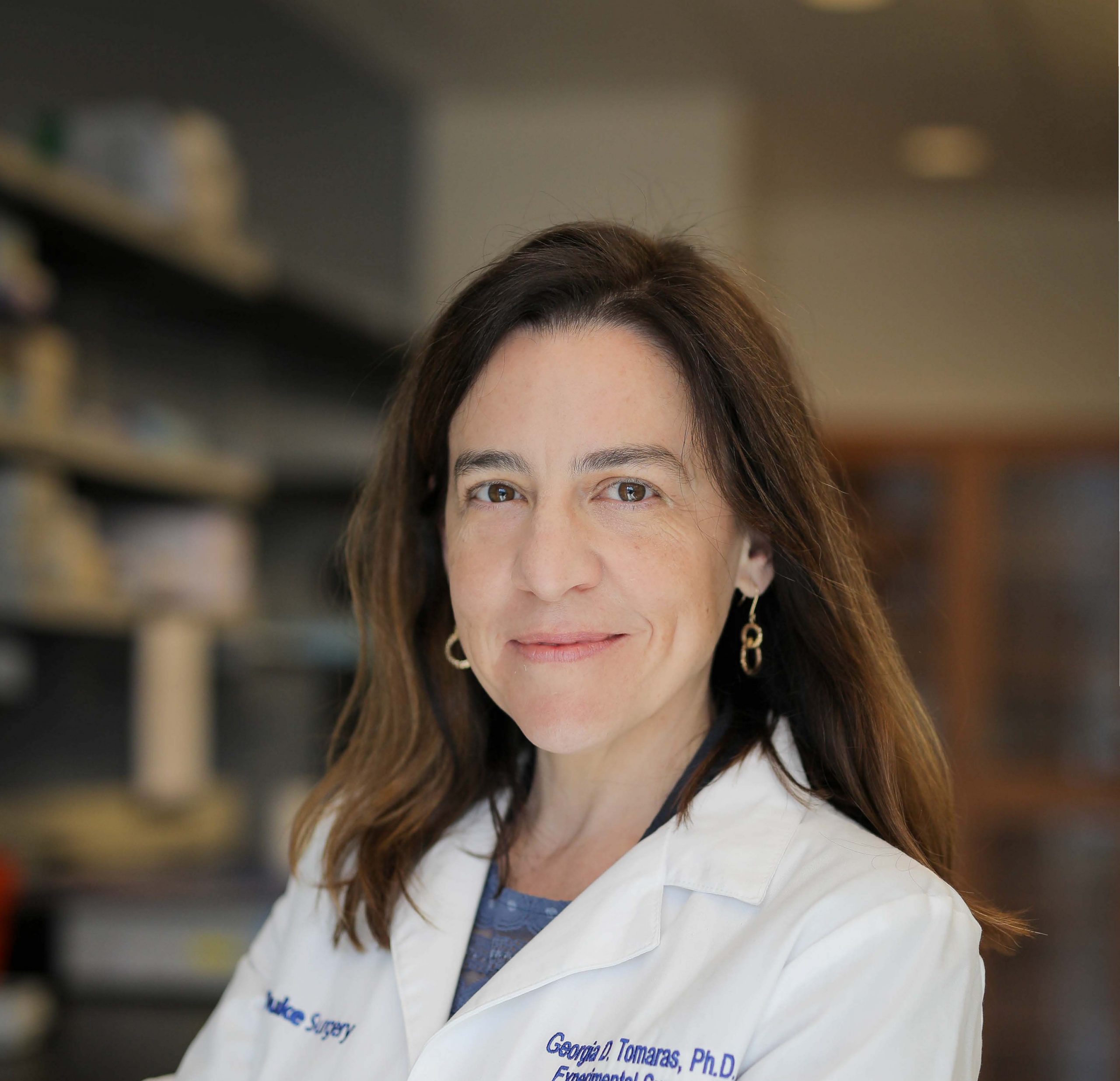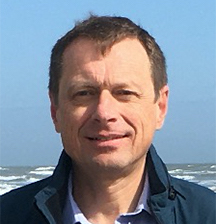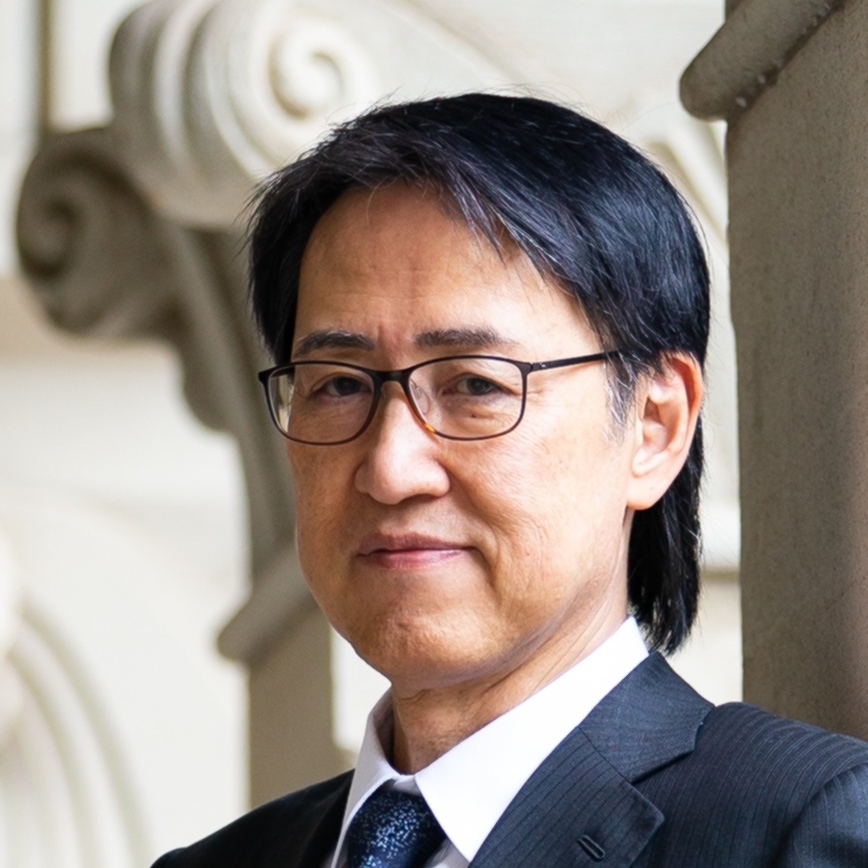La Jolla Institute for Immunology

We believe that no other biomedical discipline has greater implications for human health than immunology. By unraveling the complexities of the immune system, LJI researchers are directly tackling an extraordinarily diverse array of diseases, such as asthma, cancer, CoVID-19, type 1 diabetes, Parkinson’s, and many others.
Erica Ollmann Saphire, Ph.D. Director Professor Center for Infectious Disease and Vaccine Research www.lji.org/labs/saphire
Research
Dr. Saphire uses structural biology techniques, including crystallography and cryo-electron microscopy, to image and explain why some of the world’s most deadly viruses, including Ebola virus and Lassa virus, are pathogenic. Her team determined three-dimensional structures for the surface glycoproteins of multiple pathogenic viruses, both alone and in complex with protective antibodies. As one example, their work on Lassa virus forms the basis for international efforts to develop and evaluate Lassa virus vaccines.
In 2013, Dr. Saphire spearheaded the Viral Hemorrhagic Fever Immunotherapeutic Consortium (VIC), a five-continent collaboration that profiled hundreds of antibodies against viruses like Ebola and Lassa to determine which antibody features correlate with protection in vivo. The VIC provided the foundation for the development of effective therapeutic antibody cocktails to treat individuals suffering from Ebola virus infection. The success of the VIC serves as a model for the CoVIC.
Bjoern Peters, Ph.D. Professor Center for Infectious Disease and Vaccine Research Center for Cancer Immunotherapy www.lji.org/labs/peters
Research
The Peters lab develops computational tools to address fundamental questions in immunology. In addition to characterizing targets of immune responses, termed epitopes, and designing algorithms to compare differences in immune responses between healthy individuals and those affected by various diseases, Dr. Peters teamed with Dr. Alessandro Sette to generate the Immune Epitope Database (IEDB)–a catalog of all published experiments describing immune epitope recognition. The IEDB transforms free text information from published papers into a searchable, structured format that enhances its usability and connects to other information resources.
Sujan Shresta, Ph.D. Associate Professor Center for Infectious Disease and Vaccine Research www.lji.org/labs/shresta
Sharon Schendel, Ph.D. Program Manager Saphire Lab www.lji.org/labs/saphire
Carterra

Carterra will use their LSA™ platform that combines continuous flow microspotting with high-throughput surface plasmon resonance (HT-SPR™) detection to conduct parallel analyses of the binding kinetics for consortium antibodies against the SAR-CoV-2 S protein and other virus proteins. In addition, they will use the LSA platform to perform binning assays that yield high-resolution characterization of antibody epitopes.
Duke University
Georgia Tomaras, Ph.D. Professor Molecular Genetics and Microbiology dhvi.duke.edu/georgia-doris-tomaras
Research
Dr. Georgia Tomaras is a tenured Professor of Surgery, Professor of Immunology, Professor of Molecular Genetics and Microbiology at Duke University, and is a Fellow of the American Academy of Microbiology (AAM) and a Fellow of the American Association for the Advancement of Science (AAAS).
Her primary research focus is the study of human immunity and identification of immune correlates of protection against infectious diseases. To effectively bridge basic and translational science, Dr. Tomaras’ laboratory has established a longstanding good clinical laboratory practice (GCLP) environment for experimental and data management. The Tomaras laboratory established the binding antibody multiplex assay (BAMA) for high-throughput, simultaneous evaluation of multiple antigens to profile antibody isotypes and subclasses; high throughput biophysical methods to determine polyclonal antibody avidity and monoclonal antibody specificity and avidity; and methods to interrogate the repertoire of antibody Fc effector functions.
Nexelis

Nexelis will perform pseudovirus neutralization assays for anti-SARS-CoV-2 antibodies. Nexelis has operating sites in North America (East and West Coast) and Europe, Nexelis is a leading provider of assay development and advanced laboratory testing services in the infectious diseases, metabolic diseases, and oncology fields. Their team of scientists and advanced technology platforms, were instrumental in the development, qualification, validation, and large-scale sample testing of assays that supported the FDA filing of almost 100 new molecular entities, including vaccines, anti-viral drugs, and immunotherapy, gene and cell therapy products.
Texas Biomedical Research Institute

Jordi Torrelles, Ph.D. Professor Lead of Population Health Program www.txbiomed.org/scientists/jordi-b-torrelles-ph-d
University of Texas Medical Branch

Alexander Bukreyev, Ph.D. Professor Departments of Pathology and Microbiology & Immunology www.utmb.edu/pathology/research-laboratories/the-bukreyev-lab/home









